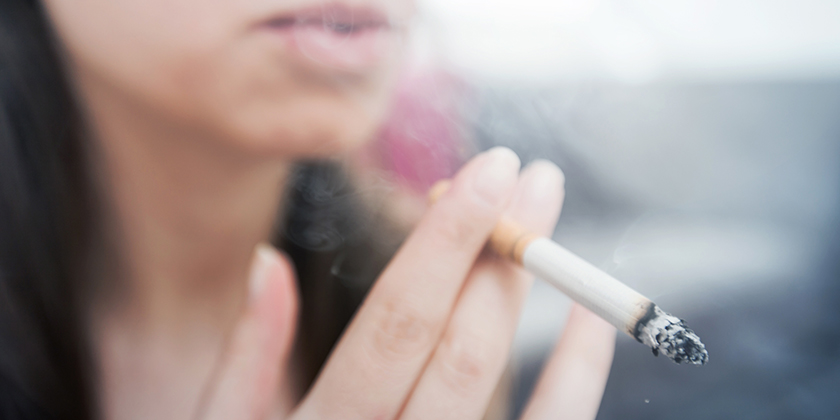Dental implants are titanium rods that are surgically placed into the jaw bone and which act as anchors to hold artificial teeth (crowns) in place. Dental implants are far more permanent than dentures and are not anchored on other teeth such as the way bridges are. People who smoke might not be aware that cigarettes have an adverse effect on dental implants. Here are the various ways which cigarette smoking can affect dental implants.
Smoke
When you inhale cigarette smoke, the hot vapor from the burning cigarette can burn the tissue in your mouth. This is because the tissue that lines the inner part of the mouth is soft and thus easily damaged by hot smoke and vapor. Over a period of time, this damaged tissue turns into white scaly patches that are known as Keratoses. These patches then cause the mouth to dry as they often block salivary glands. While this hot smoke does not affect the titanium rods of the implants, it does damage the tissue that anchors the rods and might progressively loosen the implants.
Nicotine
Nicotine is the active ingredient in cigarettes that gives people the pleasant effect that smokers seek. Regardless of how it is absorbed, nicotine has a negative effect on implants and is a major cause of implant failure. This is because nicotine causes blood vessels in the skin and mouth to constrict, thus slowing the rate of healing after implant surgery. This, in turn, leads to implants not being firmly anchored and thus susceptible to failure. Nicotine also lowers immunity, increasing the possibility of an infection after the surgery.
Tobacco Smoke
Tobacco smoke increases the ability of blood platelets to adhere to each other thus combined with nicotine’s effect of constricting blood vessels, often leads to these vessels completely closing off. This leads to the implant being unable to fuse properly into the jaw bone tissue. This fusion process, known as osseointegration, is critical to the success of the implant and without it, the implant will fail. This explains why the rate of implant failure among smokers is considerably higher than among nonsmokers.
Mitigating the Effects
Being a smoker does not mean that you can’t get dental implants. It just means that you have a higher than average chance of having your dental implants fail. Some dentists might even decline to do an implant if you are a long-term heavy smoker. It is important to note that you should avoid smoking for at least six months after the dental implant surgery to give time for the implant to fuse with the jaw bone. If you are able to stop smoking altogether, that would be an even better solution.
Are you in New York City and thinking of having a dental implant? At Dr. Alex Rubinov’s dental practice, we have years of experience with dental implants. You are guaranteed first-class treatment and excellent follow-through care. Contact us at (718) 253-0800 for an appointment.

